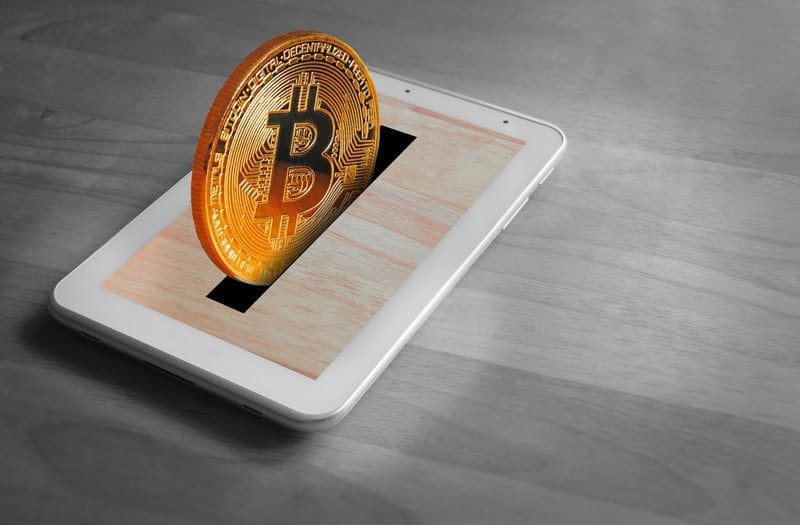According to a researcher at the Suor Orsola Benincasa University in Naples, Italy, bitcoin does not promote money laundering, but rather helps to avoid it.
This is certainly not a novelty for those working in the sector but it is a useful study for those who are not familiar with this market so as to provide clarity in the myriad of fake news that circulates every day on the subject.
The criminal law researcher Gaspare Jucan Sicignano has recently published a book in Italian entitled “Bitcoin and money laundering“, in which he addresses the problem of how to sanction any purchases of bitcoin with money of illegal origin.
Jucan Sicignano clearly states that, according to his research, “bitcoin does not promote money laundering, quite the contrary, it avoids it”.
” With bitcoin, which is the most well-known cryptocurrency, there is no risk of money laundering. In fact, bitcoin can prevent money laundering, rather than the other way around’.
The book explains that all bitcoin transactions are public as they are contained in a freely accessible distributed database.
Thus anyone can check all the transactions, including the log of each BTC transfer.
These transactions are anonymous, however, according to Jucan Sicignano, this is a false problem. In fact, the system does not exclude that the anonymous user can still be identified by other means, for example through digital forensic techniques, tracing back to those who hide behind a certain address.
“Once the user has been identified, Bitcoin becomes an incredibly transparent tool, being able to provide precise information on all the activities carried out by a certain subject. In the case of bitcoin, Giovanni Falcone’s words “follow the money and you will find the mafia” would be fully applicable, should it be necessary. In fact, it is possible to check, without particular effort, which wallet has a certain bitcoin, and which route a certain currency has travelled to reach a particular destination”.
According to the researcher, anonymity is currently very limited, because the majority of exchanges require explicit identification of the authors of each transaction, as required by the recent anti-money laundering regulations.
Therefore, thanks to exchanges, it is possible to trace the identities of all those who trade there, in order to link their names to those of the bitcoin addresses they use for these purposes, and then follow from there on the flow of transactions from address to address.
“Therefore, according to my studies, bitcoin does not favour money laundering, on the contrary, it avoids it. If the whole economy were organised using bitcoin, corruption would suffer a major setback too. If everything is traced and transparent, very few public officials would run the risk of misusing their position for economic reward”.




